
Information on Vitamin K
Vitamin K is one of the essential nutrients and it is one of the vital components when it comes to the formation of bones and proper blood clotting. It can also be used for the treatment of warfarin overdose. The K is short for koagulering which is a Danish word for clotting. This is due to vitamin K being discovered by a Danish scientist known by the name of Henrik Dam. The human intestines are capable of producing vitamin K, and the production itself can be enhanced by ingesting proper amounts of yogurt or other similar sorts of cultured milk products. There are two different types of naturally occurring vitamin K. K1 occurs in plants and is scientifically referred to as phylloquinone. K2 is commonly synthesized by certain types of bacteria in the intestines and it is scientifically referred to as menaquinone. K3 is a synthetic type of vitamin K, commonly produced by most pharmaceutical companies and it is scientifically referred to as menadione. Vitamin K fits into the category of fat soluble vitamins. It can be deposited in the fat issues of the body, once it gets absorbed. This is why it does not have to be taken in significant quantities. If a person ingests too much vitamin K it may lead to toxicity. Vitamin K deficiency usually requires years before it gets manifested this way or another. The recommended dietary allowance for vitamin K is 65 micrograms per day for women and 80 micrograms per day.
Deficiency and Excessive Intake
If a person suffers from vitamin K deficiency, it may characterized by certain symptoms but the most common ones include nosebleeds and internal hemorrhaging. Those who somehow ingest excessive amounts of vitamin K may suffer from toxicity. The symptoms of such medical condition commonly include jaundice, anemia, flushing and sweating.
Importance
Vitamin K is very important for various processes inside the human body, such as the creation of prothrombin, a liver protein which is a vital factor in the clotting of blood. It is also involved in the repairing and the formation of bones, so it prevents osteoporosis and similar medical conditions from occurring. Those who take warfarin should avoid taking vitamin K in large quantities because it may lead to the formation of blood clots. Food items rich in vitamin K include green tea, coffee, bacon, liver, cheese, asparagus, spring onions, mustard greens, cabbage, turnip greens, lettuce, broccoli, endive, scallion, Brussels sprouts, watercress, collard greens, kale, Swiss chard, spinach and celery.



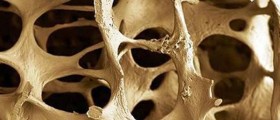





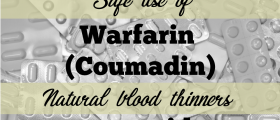
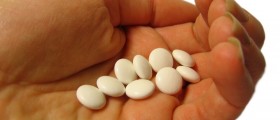


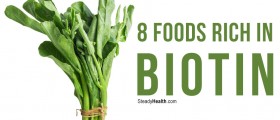

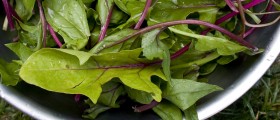
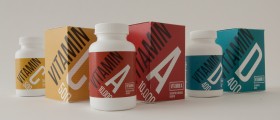
Your thoughts on this
Loading...